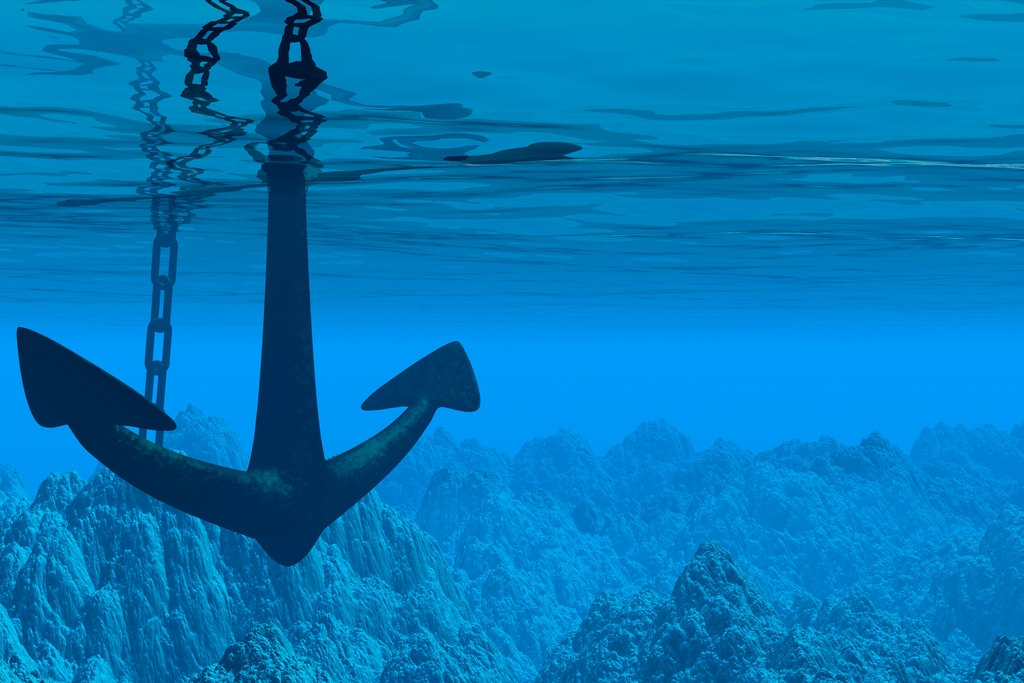
A little while ago, we started to look at how some nautical words and phrases have found their way into our everyday vocabulary. Many people use these colloquialisms today without ever knowing the true meaning behind them. Today, we’ll carry on our series as we look at more nautical terminology that has found its way into our language and the original meanings.
The Bitter End
Meaning: to do something until it is completely finished.
This is not a phrase that many people would associate with the nautical world, but believe it or not, the original meaning concerns ships and their anchors. When a ship was docking, the anchor would be thrown overboard. The other end of the rope would be secured to a post on the deck, also known as a ‘bitt’. If the water was a little deeper than anticipated, the rope would ‘pay out’ until the bitter end.
Crossing the Line
Meaning: to take things too far.
These days, to ‘cross the line’ has negative connotations, but if you trace it back to its origins, you’ll find quite a different story. This phrase refers to a ceremony that was carried out when passengers or crew members crossed the equator for the first time. This ceremony was said to include King Neptune and a host of other mythical creatures.
Dutch Courage
Meaning: false courage provided by alcohol.
This phrase takes us back to our blog series on the evolution of the Royal Navy when the Anglo-Dutch wars broke out. The saying is thought to have originated from British propaganda that painted the Dutch as being so cowardly, that they would only be able to fight after a few drinks!
In the Offing
Meaning: about to happen.
The ‘offing’ is the name given to the sea that is just off shore. As tall ships returned from their journeys, wives and loved ones would look out into the offing to find the returning ship. As the ship came closer to the shore, it was said to be ‘in the offing’.
No Room to Swing a Cat
Meaning: there is no space.
A cat o’ nine tails was a nasty looking whip that was used as a form of severe physical punishment in the Royal Navy. When a crew member was being punished, everyone was called to the deck to bear witness to the sentence, which could lead to an extremely crowded deck. This meant that there were so many people crowded around; it would be difficult to swing the cat o’ nine tails without hitting a bystander.
The Devil to Pay
Meaning: a difficult or almost impossible task.
Although this phrase may sound like it’s rooted in religion, the true origin is quite different. The ‘devil’ was the name given to the longest seam in the hull of a ship which would need caulking with tar known as ‘pay’ or ‘pitch’. To ‘pay the devil’ was to caulk the longest seam of the hull, which was a long and arduous task – probably the most difficult job to be completed.
Here at Offshore Supply, we’re not just well-versed in the language of sailors; we also count ourselves as experts when it comes to providing our specialist services as boat chandlers. We have a huge range of products to make sure that your vessel is well and truly stocked. If you would like more information about any of our products or services, including marine engine spares and marine cleaning products, please don’t hesitate to get in touch with us today by calling us on 01524 862010 to speak to a member of our friendly team.

